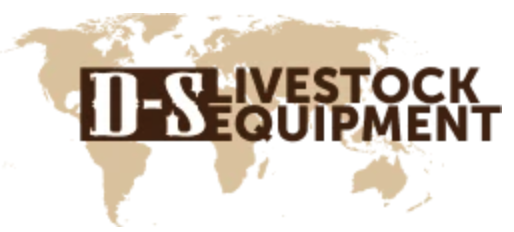Protect Your Livestock Operation With the Help of a Quality Mineral Feeder
At D-S Livestock Equipment we are confident that you will find the livestock handling equipment you need at the prices you want. We have been shipping our equipment around the world for some time now for highly satisfied customers. Whether you run a cattle, sheep or goat operation, you’ll find the quality equipment you are looking for!
Keeping your livestock healthy is the number one priority and we can help you do that. This time of year, pastures are growing and feeding your animals for local foraging. Supplementing their foraging means having the proper feeders that allow them easy access to their nutritional needs.
Healthy livestock depend on the feed they are getting and the mineral augmentation their bodies require to avoid deficiencies from their diet. If you have animals displaying any of the following, they may have a mineral deficiency:
- Poor growth rate
- Reduced appetite
- Lost weight
- Diminished milk production
- Lowered reproduction
Your livestock may benefit from supplementing their feed with the minerals they need to stay healthy and productive, Including:
- phosphorus
- magnesium
- salt
- calcium
- potassium
- zinc
- copper
- selenium
- sulfur
- manganese
- cobalt
- iron
- iodine
The mineral feeders we offer at D-S Livestock Equipment, the MF1 mineral feeder, holds up to 50 pounds of mineral supplement. It has a feeder edge of 15 inches, while the MF2 mineral feeder holds 20 pounds of mineral supplement and is 13 inches from the ground. Made from a one-piece molded polyurethane unit, they come with a round 36-inch steel base that turns from the wind movement. You can count on the feeder to avoid inclement weather exposure from rain, sleet, snow, and other kinds of moisture that could damage the feed.
We welcome you to check out our high-quality mineral feeders as well as our other feeders to protect your livestock’s health. You can also call us at 1-800-949-9997 and we are happy to answer your questions.
